
Persistentpain in the leg
Various medicalailments can be a cause of persistent pain in the leg. Many would expect atrauma to be an expected cause behind pain in the leg, but, a plethora ofmedical problems can be culprits for this pain one might feel in one or bothlegs. Persistent pain in the leg can be provoked by various ailments thataffect the bone, joint, blood vessels, tendon or some other area of the body. Alsoamong the causes we have inflamed tissue.
Apart fromthe aforementioned potential causes, we have trauma to the back. In otherwords, any medical ailment that has something to do with the back, or perhapsthat involves the spinal cord can be the reason to blame for pain in the legthat won’t go away.
Most frequentcauses for pain in the leg
Like wehave previously said, there is a list of medical problems that can createchronic tenderness in the leg. For example, diabetes is frequently associatedwith this condition. People who have diabetes and who do not take proper careto control their disease may potentially experience poor circulation in thelegs, sometimes accompanied by improper nerve operation. Patients who have thedescribed condition complain of the loss of sensation and tenderness in thearea. Another side effect of diabetes is narrowing of the blood vessels, whichmay lead to tenderness in the leg.
Having atrauma to the leg is an obvious source of pain in the leg. In this case, thepain is accompanied by symptoms of inflamed tissue. Apart from this, medicalconditions of the back show a strong connection to experiencing pain in theleg. The problems of the back that can be involved in such a situation arearthritis. In addition, trauma to the sciatic nerve, which manifests astenderness from the hip downwards, can be the cause of pain in the leg.
Beware ofblood clots. They are a frequent culprit for experiencing persistent tendernessin the leg. These clots can block a blood vessel and induce pain in the area. Thetypical scenario involves a blood clot forming in the heart, from which itbreaks off and travels to a blood vessel. Apart from the mentioned conditions,cramps in the muscles of the leg can be very painful. Most typically they occurwhen there are not enough of the electrolytes. In this case, sufficient intakeof water can be beneficial in restoring the balance of the electrolytes.




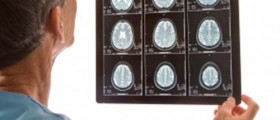




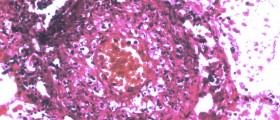

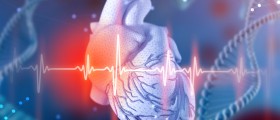

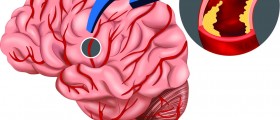
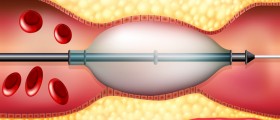


Your thoughts on this
Loading...